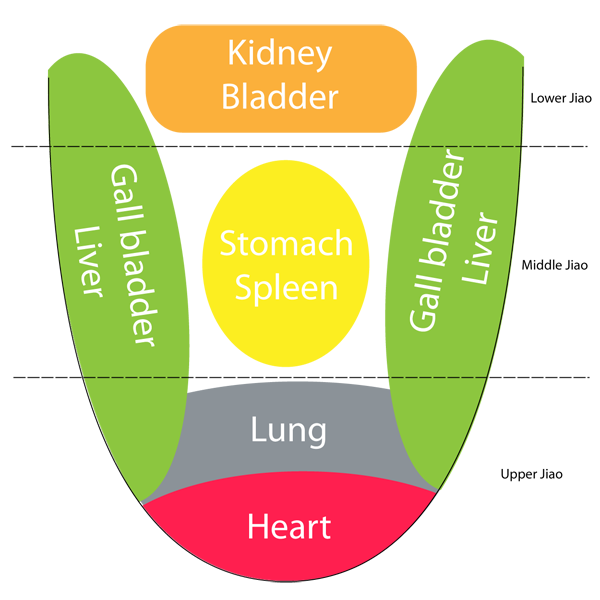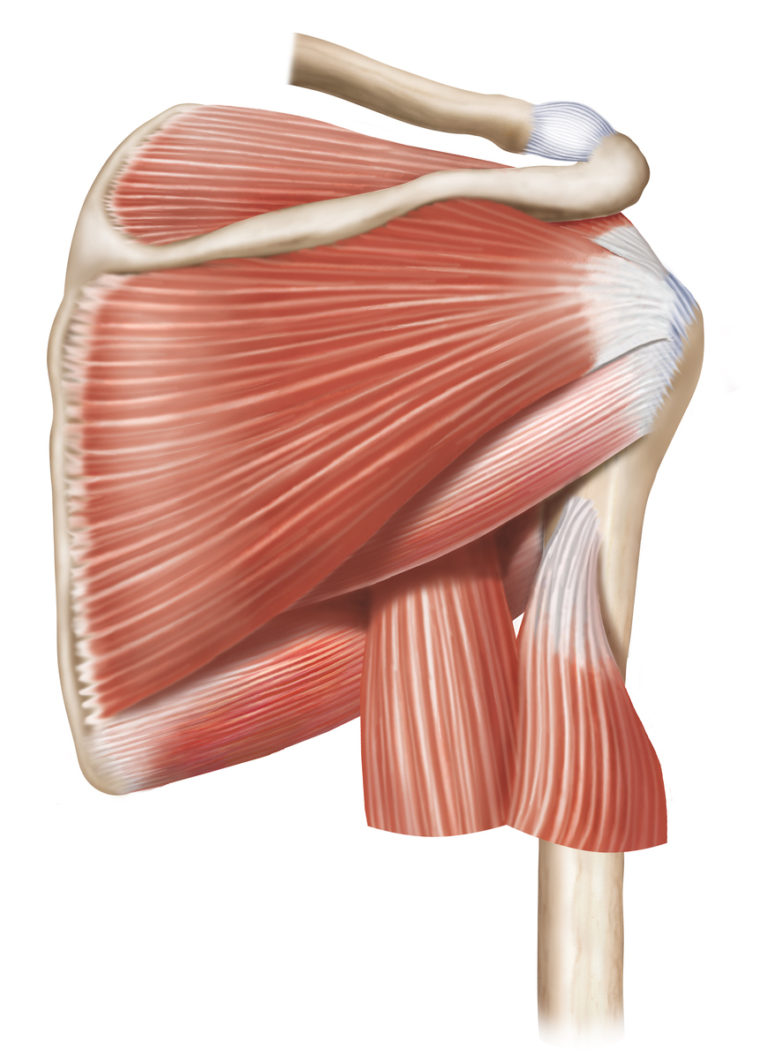Chinese Medicine 101: What Your Tongue Says About You
Tongue Diagnosis is one of the tools I use in my practice to assess the health of my patients. Because each organ in your body has a ‘connection’ to the tongue, it’s easy for me to quickly identify problems in a particular organ system. Below is a quick summary of the characteristics I look for and what they mean.
 Tongue Shape
Tongue Shape
- A swollen tongue indicates “qi deficiency”. This may show up as fatigue or impaired digestion.
- A small or thin tongue can indicate either “blood deficiency” or “yin deficiency”. This correlates to anemia, hot flashes, and insomnia.
Tongue Body
The tongue body color indicates the body’s internal temperature. A normal tongue color shows up as light red or pink. More…
- A pale tongue indicates internal cold and may show up as painful menstruation or cold limbs.
- A red tongue indicates heat. This person may be quick to anger and wear short sleeves even when it’s cold outside.
- A purple tongue show blood stagnation. This person will often have pain in the organ corresponding area of the tongue.
Tongue Coat
The coating on the tongue primarily reflects the coating and lining of the digestive system. A normal tongue has a thin white coat, which reflects a healthy lining of the digestive system and normal gut flora.
- A thick tongue coat indicates that digestion is sluggish (constipation, irregular BMs).
- A thick white coat points to an issue of “cold” in the GI tract (overconsumption of dairy or cold foods).
- A thick yellow coat indicates “heat” or inflammation in the GI tract.
- A peeled or cracked tongue coat indicates insufficient lining or flora in the digestive system.
Take a look at your tongue and see what it reveals. Did you come up with the right diagnosis?







